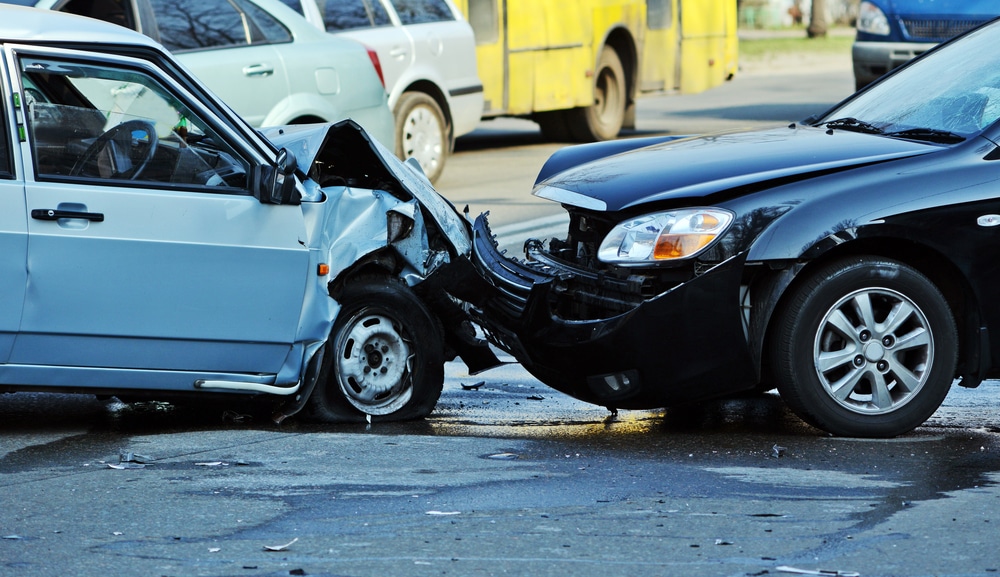Determination of fault is important for insurance claims and any other awards for damages during a car accident. Even though fault may seem easy to determine, in a lot of circumstances, insurance companies are not that cut and dry. Having evidence to support your side of the story when determining who is at fault is the best thing you can have when dealing with insurers.
Police Reports
There are some accidents where police officers do not come to the scene, but when they do, there is normally a report made to document the accident, the circumstances involved in the accident and other important factors that are important to the claim. If a police officer arrives at the scene of an accident, make sure that you obtain the information you need in order to get a copy of their report.
In a police report, the police officer normally makes detailed notes on the accident, including who might have been at fault in regard to the accident. These notes can be vital in filing a claim against another driver. The police report can include scientific evidence about the accident, as well as citations that were issued as a result of the accident. In most instances, insurance companies require a copy of the police report before assessing liability on a claim because of the importance of the officer’s assessment.
If the information on the report is not accurate, there is a method for having it amended. If the police have incorrect information on a driver, such as a wrong license number or incorrect insurance information, showing this information to the police can normally get this information amended. At fault determinations can be harder to have amended. In some instances, a driver’s statement can be added to a police report, but if this is something that you need to have done, it’s best to discuss it with an accident attorney who has more experience with the process.
Accidents with More Clear Fault Determinations
In most instances, rear end accidents and left turn collisions are the fault of whoever rear-ended someone or the person making the left turn. Some cases, however, might have extenuating circumstances that will transfer a portion of the liability of the accident to another party. Understanding the traffic laws in your state or locality, how those laws apply to your accident and how liability is determined / if any extenuating circumstances exist in the type of accident you are in can make a major difference in the determination you might receive from an insurer.
If you are considering filing suit against a party in an automobile accident, discussing the circumstances surrounding your accident with an experienced attorney can work in your favor. Seeking the advice of counsel to determine if what is being offered by the insurance company is fair to you is a major step in settling an accident claim and being able to move forward.
The Villarreal & Begum, LAW GUNS dedicates their time and effort towards helping people in Texas find justice for personal negligence encountered while living their normal, everyday lives.




